The pharmaceutical industry is a dynamic and highly regulated landscape, presenting unique challenges for startups and small to medium enterprises (SMEs). From adhering to strict quality standards to managing intricate supply chains, these businesses often find themselves stretched thin, struggling to keep up with the industry’s relentless pace. However, the right Enterprise Resource Planning (ERP) system can be the secret weapon that propels your pharma startup or SME to new heights.
Toc
- 1. Unlocking the Power of ERP for Pharma Startups and SMEs
- 2. Choosing the Best ERP for the Pharmaceutical Industry in 2024
- 3. Current Trends in ERP for the Pharmaceutical Industry
- 4. Related articles 01:
- 5. Top ERP Systems for Pharma Startups and SMEs in 2024
- 6. Tips for Implementing ERP in Your Pharma Business
- 7. Frequently Asked Questions
- 8. Related articles 02:
- 9. The Future of ERP in the Pharmaceutical Industry
- 9.1. The adoption of cloud-based ERP solutions for improved scalability, flexibility, and cost-efficiency
- 9.2. Enhanced Data Analytics Capabilities
- 9.3. Cloud-Based Solutions and Mobility
- 9.4. Focus on Cybersecurity and Compliance
- 9.5. Integration with Internet of Things (IoT)
- 9.6. Personalized Medicine and Customization
- 10. Conclusion
Unlocking the Power of ERP for Pharma Startups and SMEs
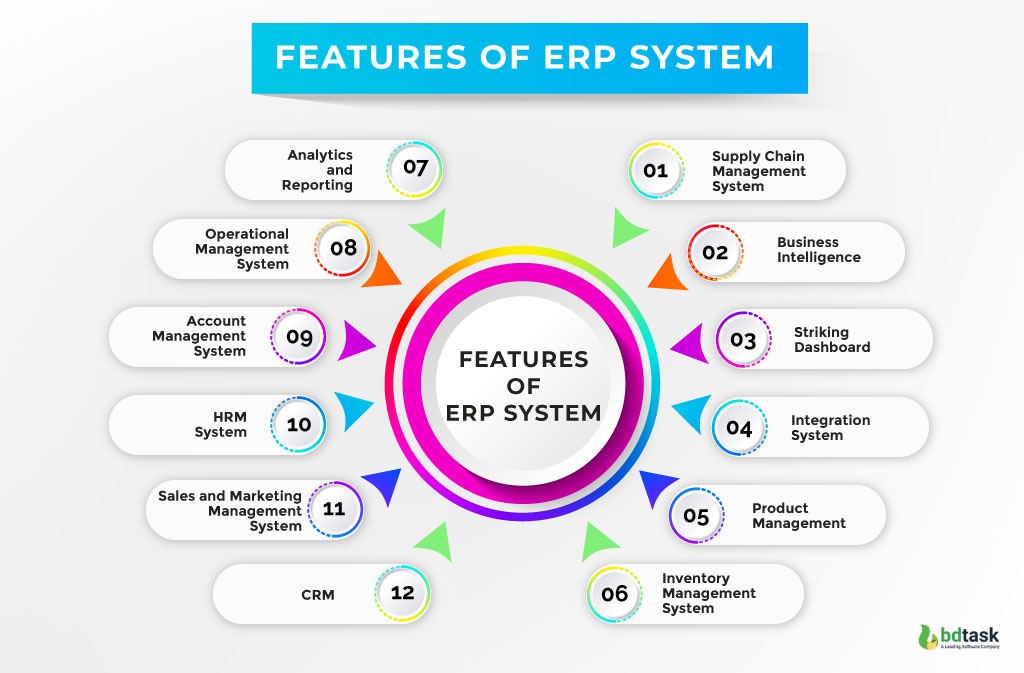
The pharmaceutical industry is undergoing a rapid transformation in 2024, and the right ERP system can be the key to unlocking success and navigating the complex landscape. By centralizing your data, automating key processes, and providing real-time insights, an ERP can help your business navigate the complexities of the industry and achieve sustainable growth.
Eliminating Data Silos
One of the biggest challenges faced by pharma startups and SMEs is the fragmentation of data across multiple systems and spreadsheets. For example, a pharma company might use a separate system for inventory management, another for customer relationship management (CRM), and yet another for financial reporting. This creates data silos, making it difficult to get a holistic view of the business. An ERP system integrates all these systems, providing a single source of truth for all data. This not only improves data accuracy and accessibility but also allows for better decision-making.
Automating Time-Consuming Tasks
Pharma businesses often find themselves bogged down by routine operations, from order processing to regulatory compliance. The best ERP systems in 2024 can automate these time-consuming tasks, freeing up your team’s valuable resources to focus on strategic initiatives and innovation. For instance, an ERP system can automate the process of generating purchase orders, tracking inventory levels, and scheduling production runs. This frees up employees to focus on more strategic tasks, such as product development and customer relationship management. Automation can also reduce errors, ensuring that processes are executed consistently and accurately.
Gaining Real-Time Insights
In an industry as dynamic as pharmaceuticals, making informed, data-driven decisions is crucial. The leading ERP solutions in 2024 provide a comprehensive, real-time view of your business operations, empowering you to identify trends, optimize workflows, and adapt to changing market conditions. For example, an ERP system can track sales data, production data, and inventory data in real-time. This allows companies to identify trends and make informed decisions about pricing, production, and inventory management. Real-time insights can also help companies to optimize their supply chain and reduce costs.
Ensuring Regulatory Compliance
Adhering to strict industry regulations is a constant concern for pharma startups and SMEs. The best ERP systems in 2024 come equipped with built-in compliance features, helping you minimize the risk of penalties and maintain the highest standards of quality and safety. These systems can automate compliance checks, generate necessary documentation, and provide audit trails, ensuring that you meet regulatory requirements efficiently.
Choosing the Best ERP for the Pharmaceutical Industry in 2024
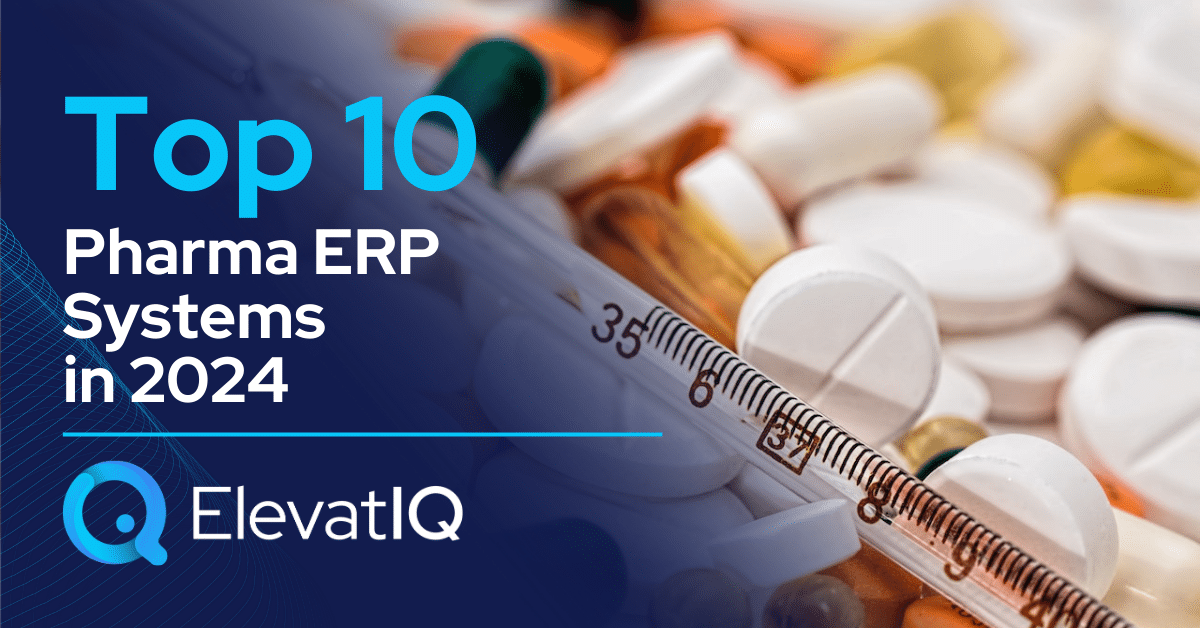
When it comes to selecting the optimal ERP system for your pharma startup or SME in 2024, several key factors must be considered to ensure a perfect fit:
Scalability
As your business grows, your ERP system must grow with you. Look for a solution that can accommodate your evolving requirements without the need for costly upgrades or migrations. A scalable ERP can support increasing transaction volumes and adapt to new regulatory requirements, ensuring that your business remains agile and responsive to market changes. However, some argue that cloud-based ERP systems can be less secure than on-premise systems. This is because data is stored on servers that are not controlled by the company. However, reputable cloud providers offer robust security measures to protect data. It is important to choose a cloud provider with a strong track record of security.
Industry-Specific Functionality
The best ERP systems for the pharmaceutical industry in 2024 will offer specialized features designed to address the unique challenges of the sector, such as batch tracking, expiry management, and regulatory compliance tools. These functionalities enable you to maintain strict quality controls, manage product lifecycles, and ensure that your operations align with industry standards.
Ease of Use
Choose an ERP with a user-friendly interface that your team can easily navigate and adopt. This will not only ensure a smooth implementation but also drive high user adoption rates. An intuitive design reduces the learning curve for employees, allowing them to leverage the system’s capabilities without extensive training.
Cost-Effectiveness
Consider the initial investment, ongoing maintenance costs, and the potential return on investment (ROI) when evaluating ERP solutions. Cloud-based ERP systems often provide more affordable and scalable pricing models for small businesses. Look for solutions that offer flexible payment options, such as subscription-based pricing, to help manage your cash flow effectively.
Deployment Options
Decide whether a cloud-based or on-premise ERP system better suits your needs. Cloud-based solutions offer greater flexibility and scalability, while on-premise systems may provide more control over your data. Consider your organization’s IT infrastructure, data security requirements, and the level of support you need when making this decision.
By carefully evaluating these factors, you can ensure that the best ERP for the pharmaceutical industry in 2024 aligns with your business goals and budget, setting your pharma startup or SME up for long-term success.
Current Trends in ERP for the Pharmaceutical Industry
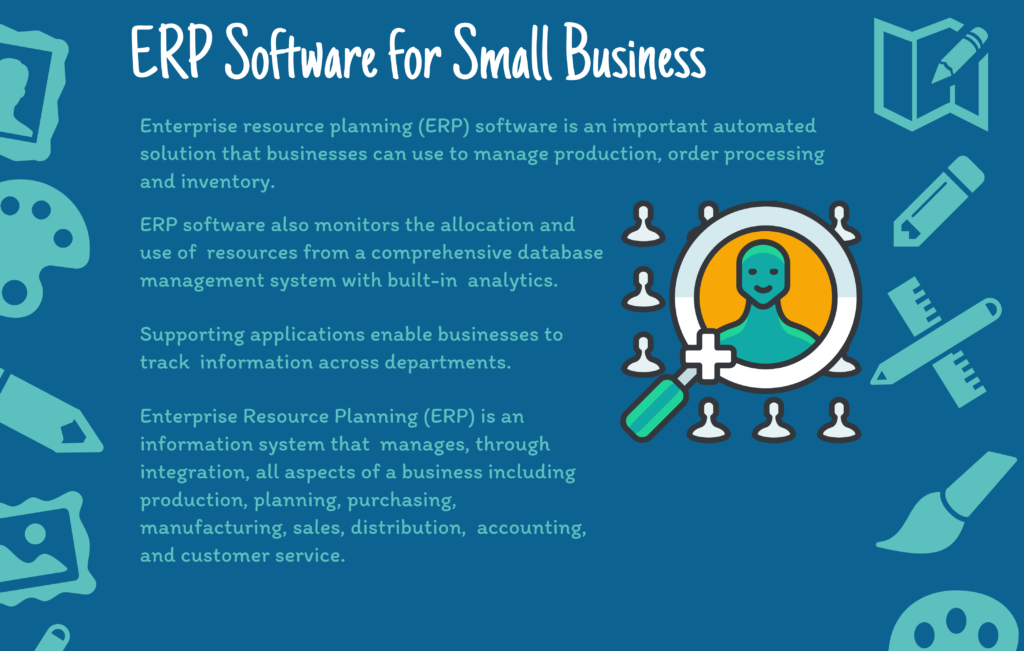
As you explore the ERP landscape in 2024, several trends are shaping the future of ERP solutions for pharmaceutical startups and SMEs:
1. https://shoptonytoy.vn/archive/1400/
2. https://shoptonytoy.vn/archive/1449/
3. https://shoptonytoy.vn/archive/1448/
The Rise of Cloud-Based ERP Systems
Cloud-based ERP systems are becoming increasingly popular in the pharmaceutical industry. This is because they offer several advantages, such as affordability, scalability, and ease of implementation. Cloud-based ERP systems can be accessed from any device with an internet connection, making them ideal for companies with a mobile workforce. For example, companies like [mention specific cloud-based ERP vendors for pharma] are leading the charge in this space.
The Importance of Data Security
Data security is a top priority for pharmaceutical companies. This is because they handle sensitive patient data and proprietary information. ERP systems must be able to meet the highest security standards, such as HIPAA compliance. This is why companies are increasingly turning to cloud-based ERP systems, which offer robust security features.
Top ERP Systems for Pharma Startups and SMEs in 2024

As you evaluate the ERP landscape in 2024, several solutions stand out as the best options for pharmaceutical startups and SMEs:
SAP S/4HANA
SAP S/4HANA is a comprehensive ERP suite that caters to large-scale pharma companies. Its single database and best-of-breed architecture enable companies to deploy transactional decoupling and meet the needs of multiple departments. However, its implementation process can be lengthy, and the solution may be cost-prohibitive for smaller pharma businesses. SAP S/4HANA excels in providing advanced analytics and real-time data processing, which are crucial for large organizations managing complex operations.
SYSPRO
SYSPRO is a great fit for small to mid-sized pharma distributors, offering niche-specific applications and faster attention to detail. It boasts independent and built-in product management capabilities, as well as robust supply chain and financial management features. The downside is that it doesn’t allow for easy data sharing across multiple locations and may require custom add-ons to ensure full DSCSA compliance. However, SYSPRO’s focus on manufacturing and distribution makes it a strong contender for companies looking to optimize their supply chain processes.
Oracle Cloud ERP
Oracle Cloud ERP is a premium solution targeting large enterprises in the pharmaceutical industry. It offers robust core features for international trade, supply chain planning, and pharma-specific functionality. However, it can be resource-intensive and may present an entry barrier for smaller pharma companies, with a longer implementation timeline. Oracle’s deep industry expertise and extensive functionality make it an attractive option for larger organizations with complex needs.
ECI Deacom
ECI Deacom is a specialized ERP system designed for small pharma and manufacturing companies in the e-commerce segment. It excels in last-mile capabilities, including quality control and formula management, while providing a modern, SQL-based interface. The trade-off is that it may lack the advanced financial and inventory control features required by larger or more complex pharma businesses. ECI Deacom’s focus on the e-commerce aspect of pharma makes it an excellent choice for companies looking to enhance their online presence and sales capabilities.
SAGE X3
SAGE X3 is a comprehensive ERP system that can be a great fit for pharma companies looking to upgrade their operational support. It offers a deeper ecosystem for product validation, quality improvement, and production/distribution capabilities. However, smaller pharma companies may find it challenging to handle the complexity of this ERP solution, which may require additional custom development. SAGE X3’s flexibility and robust features make it suitable for businesses that need a highly customizable solution.
As you evaluate these ERP systems in 2024, consider your specific business needs, budget, and the level of industry-specific functionality required to ensure a seamless fit for your pharma startup or SME.
Tips for Implementing ERP in Your Pharma Business
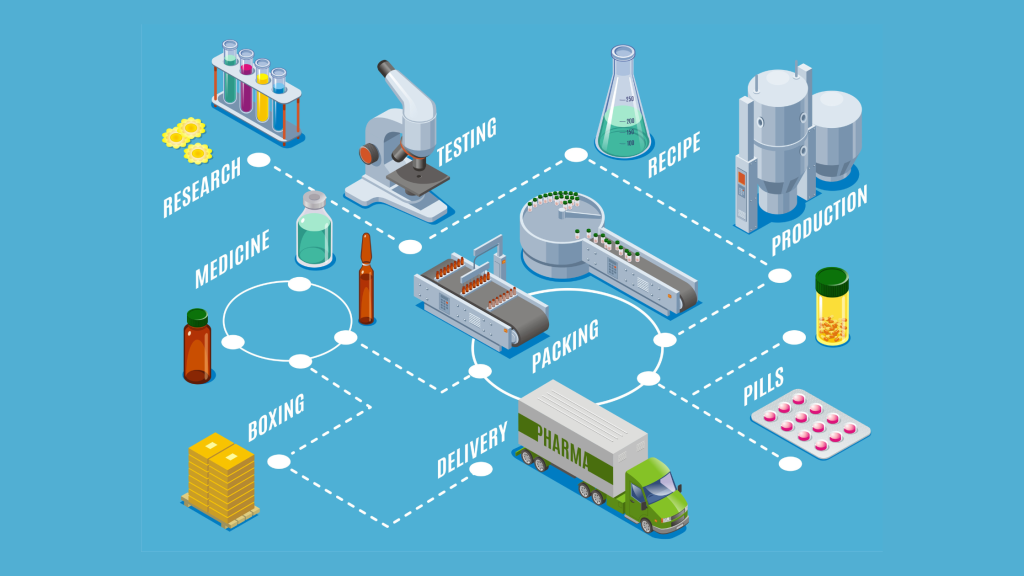
Implementing an ERP system in your pharmaceutical startup or SME requires careful planning and execution. Here are some practical tips to ensure a smooth transition:
- Start Small: Focus on implementing the key modules first, gradually expanding as your business grows and your team becomes more familiar with the system. This phased approach allows you to manage risks and minimize disruptions to your operations.
- Involve Your Team: Ensure your employees understand the benefits of the ERP system and receive the necessary training to use it effectively. Engaging your team early in the process fosters buy-in and encourages adoption.
- Seek Expert Guidance: Consider hiring a consultant or implementation partner to assist with the setup, data migration, and ongoing support. Their expertise can help you avoid common pitfalls and ensure a successful rollout.
- Plan for Data Migration: Develop a strategy for transitioning your existing data to the new ERP system, minimizing disruptions to your operations. A well-thought-out data migration plan is critical for maintaining data integrity and continuity.
- Regularly Review and Update: Continuously monitor the performance of your ERP system and make adjustments as your business needs evolve. Regular reviews can help you identify areas for improvement and ensure that your ERP remains aligned with your business goals.
By following these best practices, you can ensure a successful ERP implementation that delivers tangible benefits to your pharma startup or SME.
Frequently Asked Questions
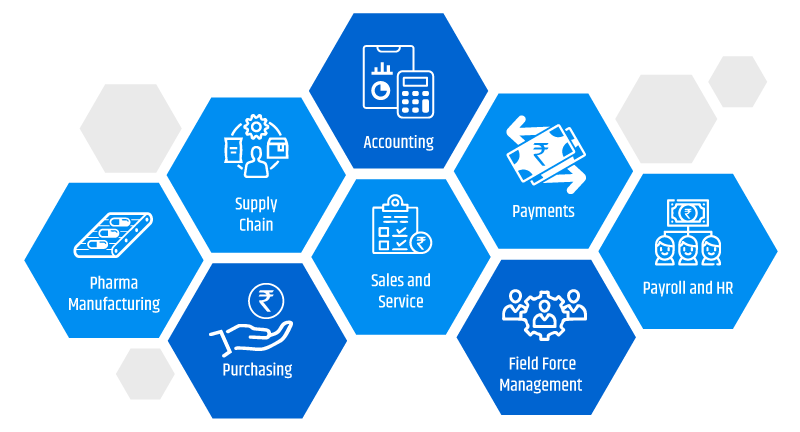
Q: What are the key benefits of using an ERP system for a pharma startup in 2024?
A: ERP systems help pharma startups streamline operations, improve efficiency, manage inventory effectively, ensure regulatory compliance, and gain valuable insights for informed decision-making.
Q: What are some of the challenges of implementing an ERP system in a small pharma business in 2024?
A: Challenges may include data migration, user adoption, training, and the initial cost of implementation. However, with proper planning and execution, these challenges can be overcome.
1. https://shoptonytoy.vn/archive/1449/
2. https://shoptonytoy.vn/archive/1465/
3. https://shoptonytoy.vn/archive/1441/
Q: How much does a pharmaceutical ERP system cost in 2024?
A: The cost of ERP software for the pharmaceutical industry varies depending on the features, functionality, and vendor. Cloud-based solutions are generally more affordable than on-premise systems, with many vendors offering free trials or subscription-based pricing models.
Q: What are the key features to look for in an ERP system for the pharmaceutical industry?
A: Key features include batch tracking, expiry management, regulatory compliance tools, and integration with other industry-specific systems. These functionalities are essential for maintaining quality and compliance in pharmaceutical operations.
Q: What are some of the best practices for choosing an ERP vendor?
A: Best practices include researching vendors thoroughly, requesting demos and trials, and seeking references from other pharma companies. This due diligence ensures you select a vendor that aligns with your business needs and industry requirements.
The Future of ERP in the Pharmaceutical Industry
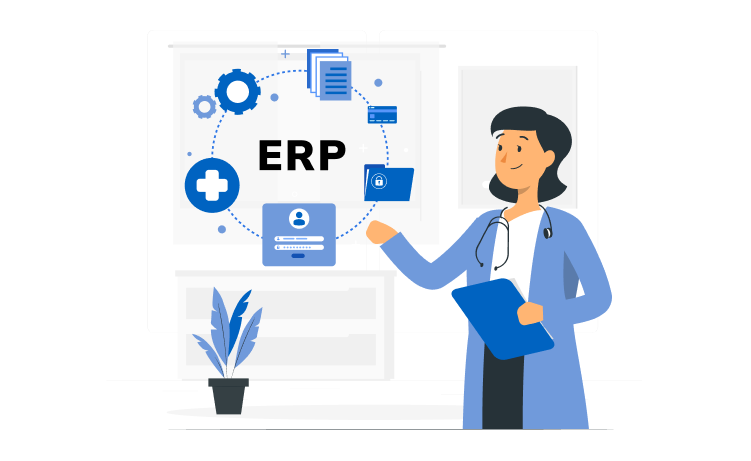
The pharmaceutical industry is constantly evolving, and ERP systems will need to adapt to keep pace. The future of ERP in the pharmaceutical industry is likely to be driven by the following trends:
The adoption of cloud-based ERP solutions for improved scalability, flexibility, and cost-efficiency
As the pharmaceutical industry continues to grow and evolve, so will the capabilities and functionality of ERP systems. Companies that embrace these advancements can gain a competitive edge in an increasingly complex market. By staying informed about emerging trends and continuously evaluating their business needs, pharmaceutical companies can ensure they have the right ERP system in place to support their growth and success. So don’t hesitate to invest in an ERP solution for your pharma startup or SME today!
Enhanced Data Analytics Capabilities
As the pharmaceutical industry continues to generate vast amounts of data, ERP systems will increasingly integrate advanced data analytics features. These capabilities will enable companies to derive actionable insights from their data, optimize processes, and drive innovation. Enhanced data analytics will also support predictive maintenance, improve demand forecasting, and identify trends that can lead to better decision-making and more effective supply chain management.
Cloud-Based Solutions and Mobility
The shift towards cloud-based ERP solutions will continue, offering pharma companies greater flexibility, scalability, and cost-efficiency. Cloud-based systems enable real-time data access, seamless updates, and easier collaboration across global teams. Additionally, the rise of mobile ERP applications will empower employees to access critical information and perform tasks on-the-go, further enhancing productivity and responsiveness.
Focus on Cybersecurity and Compliance
With increasing digitalization comes the heightened risk of cyber threats. Future ERP systems will prioritize robust cybersecurity measures to protect sensitive pharmaceutical data. Enhanced encryption, multi-factor authentication, and regular security audits will become standard practices. Moreover, as regulatory requirements evolve, ERP systems will need to incorporate comprehensive compliance management modules to ensure pharma companies remain in adherence with industry standards.
Integration with Internet of Things (IoT)
The integration of ERP systems with IoT devices will transform how pharmaceutical companies monitor and manage their operations. IoT-enabled sensors can collect real-time data on equipment performance, environmental conditions, and inventory levels. This data can then be fed into the ERP system, providing a holistic view of operations and enabling proactive maintenance, quality control, and inventory management.
Personalized Medicine and Customization
As the trend towards personalized medicine gains momentum, ERP systems will need to support the production and distribution of customized pharmaceuticals. This will require flexible and adaptable solutions that can handle small-batch production, complex formulations, and individualized patient requirements. ERP systems will play a crucial role in managing the logistics, quality, and regulatory aspects of personalized medicine.
By embracing these trends, future ERP systems will empower pharmaceutical companies to enhance their operational efficiency, maintain compliance, and drive innovation in an ever-evolving industry.
Conclusion
In 2024, the pharmaceutical industry is on the cusp of a transformative era, and the best ERP systems are poised to be the driving force behind this change. By selecting an ERP solution that aligns with your specific needs and budget, your pharma startup or SME can unlock the full potential of your business, streamlining operations, enhancing compliance, and positioning your company for long-term success. So why wait? Start researching and evaluating ERP options now to stay ahead of the curve and maximize your company’s growth in the dynamic world of personalized medicine. Remember, the right ERP system is not just a software, it’s an investment in the future of your business.












